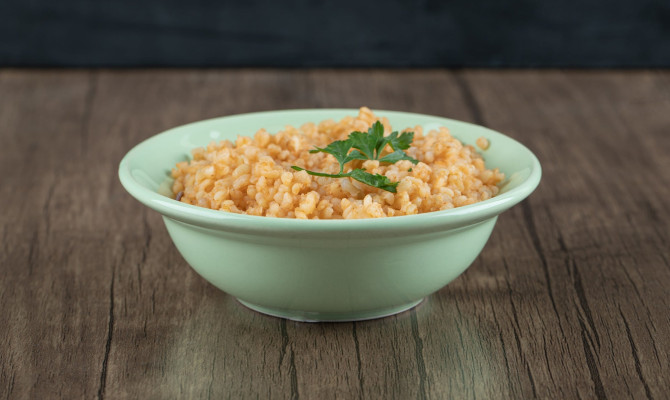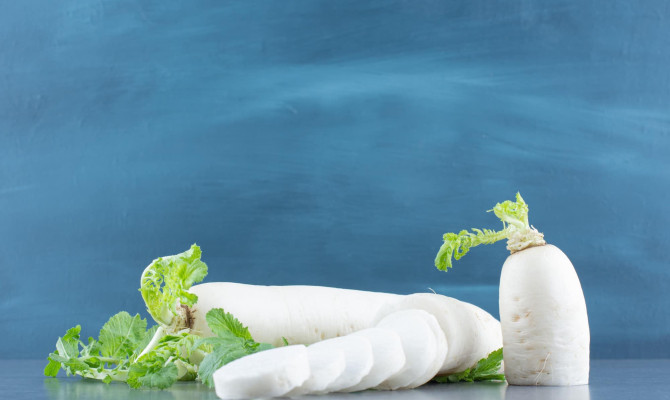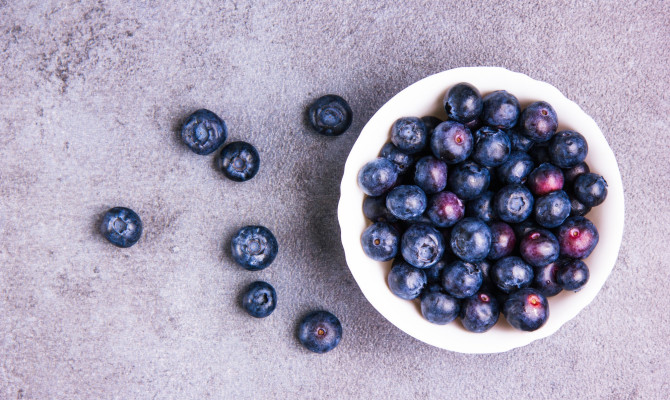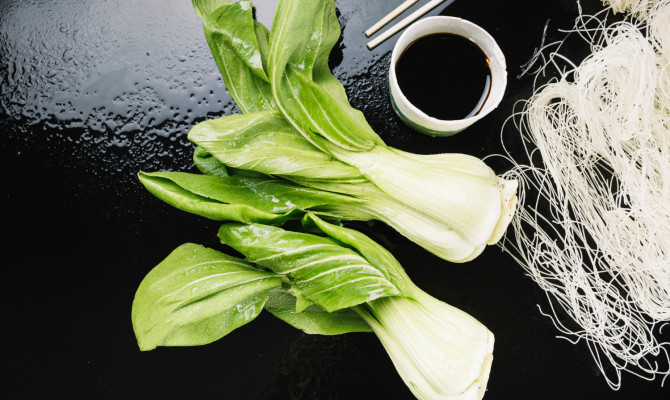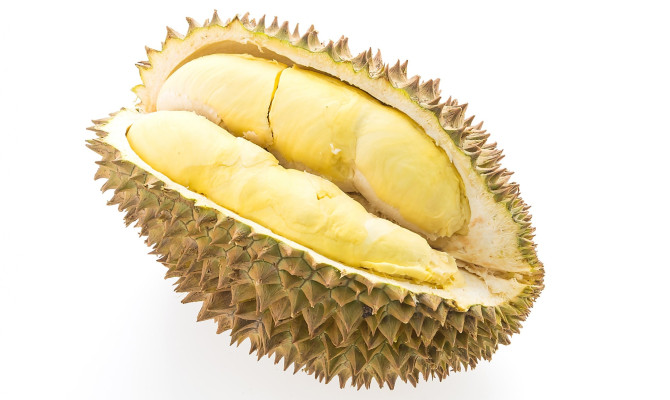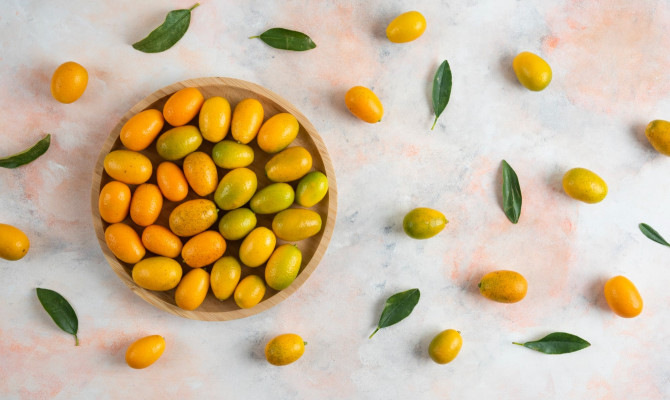Cantaloupe: Benefits, Side effects, and Precautions

- Cantaloupe
- 17 Aug 2023
Overview
What is Cantaloupe?
Cantaloupe is a variety of muskmelon belonging to the Cucurbitaceae family. It is an orange-colored juicy fruit related to honeydew melon and watermelon. It belongs to the same plant family of pumpkins, cucumbers, gourds, and squashes.
Cantaloupes have hard skin with a mild sweet flavor, and each Cantaloupe’s weight ranges from 0.5 to 5 kilograms. The other common names of Cantaloupe are rock melon, mush melon, muskmelon, and Persian melon.

Facts of Cantaloupe
- Cantaloupe is ingenious in South Asia and Africa, but now it is grown widely around the globe.
- Cantaloupe is a summer crop and grows best at temperatures ranging between 65 to 75 degrees Fahrenheit.
- Originally Cantaloupe was referred only to the orange-fleshed non-netted melons of Europe. But now Cantaloupe is called to any orange-fleshed melon of the Cucurmis Melo species.
- In 2016, China accounted for 51% of the global production of Cantaloupe.
- The other significant producers of Cantaloupe are Iran, Egypt, Turkey, and India.
- Around 75% of Cantaloupe in the United States is grown in California 1Overview| Researched based study from Sciencedirect.com
Nutrition
Nutrition in Cantaloupe
Cantaloupe consists of 90% water; the rest, only 10%, contains other nutrients.
The nutrients present in 177gram of Cantaloupe are as follows:
- Calories-60.2
- Fiber-1.6 gm(gram)
- Carbohydrate-14.4 gm
- Iron -0.4 mg (milligram)
- Calcium-15.9 mg
- Magnesium- 21.2 mg
- Potassium-473 mg
- Phosphorus-26.6 mg
- Sodium-28.3 mg
- Vitamin C-65 mg
- Vitamin E(Tocopherol)-0.2mg
- Vitamin A-270 mcg(microgram)
- Vitamin K-4.4 mcg
- Vitamin B9 (Folate)-37.2 mcg
- Beta carotene-3,240 mcg
- Fluoride-1.8 mcg
- Selenium-0.7 mcg
- Lutein and Zeaxanthin-46 mcg
Besides the list mentioned above, Cantaloupe also contains a small amount of choline, manganese, zinc, copper, and niacin (vitamin B3).
Functions in our body of some abundant nutrients present in Cantaloupe are as follows:
Potassium
- Potassium is an electrolyte that maintains the fluid balance in our body
- It helps in muscle contraction
- It supports the nerve health
Vitamin B9 (Folate)
- Folate reduces the risk of cancers
- It maintains the cognitive function
Beta carotene
- Beta carotene is a type of carotenoid. Carotenoid is a bright-colored pigment present in fruits and vegetables. Cantaloupe contains more beta-carotene than other fruits such as oranges, grapes, peaches, and mangoes.
- Cantaloupes contain the same amount of beta-carotene as that carrot
- Once consumed, beta-carotene is converted into vitamin A. Vitamin A is necessary to maintain healthy eyes, red blood cells, and the body’s immune system.
Vitamin C
- Vitamin C helps maintain skin health as well as our bones and muscles 2Nutrition| Researched based study from Nlm.nih.gov
Health Benefits

Health Benefits of Cantaloupe
The health benefits of Cantaloupe are as follows:
- Manages Asthma
- Regulates Blood pressures
- Helps in digestion
- Keeps body hydrated
- Promotes skin health
- Maintains the eye health
- Prevents heart disease
- Prevents Cancer
Manage Asthma
- Nutrients in Cantaloupe reduce pain and inflammation
- It also helps prevent asthma in later life 3Benefits| Researched based study from Nlm.nih.gov
Regulates Blood pressures
- Nutrients in Cantaloupe decrease the blood pressure
- It reduces the risk of heart diseases 4Benefits| Researched based study from Nlm.nih.gov
Helps in digestion
- High water content in Cantaloupe prevents constipation
- It regularizes bowel movement and improves the digestive health 5Benefits| Researched based study from Nlm.nih.gov
Keeps body hydrated
- Electrolytes in Cantaloupe, such as sodium, magnesium, and potassium, maintain the fluid balance in the body.
- It prevents dehydration during hot summer and after physical exertion 6Benefits| Researched based study from Nlm.nih.gov
Promotes skin health
- Nutrients in cantaloupe help in natural collagen production
- It prevents the skin from the ultraviolet (UV) rays of the sun 7Benefits| Researched based study from Nlm.nih.gov
Maintains the eye health
- Cantaloupe nutrients preserve the eye’s vision
- It prevents age-related macular degeneration (eye disease) 8Benefits| Researched based study from Nlm.nih.gov
Prevents heart disease
- Fiber, vitamin C, and potassium in Cantaloupe are essential for heart health.
- It decreases blood pressure and cholesterol
- It reduces the risk of cardiac diseases 9Benefits| Researched based study from Nlm.nih.gov
Prevents Cancer
- Antioxidants such as beta carotene and tocopherol in Cantaloupe prevent oxidative stress by neutralizing the free radicals in our body.
- It prevents cell damage and abnormal cell growth 10Benefits| Researched based study from Sciencedirect.com
Side effects
Side effects of Cantaloupe
Most people can well tolerate Cantaloupe. However, some people might have the following symptoms:
- Hives
- Itching
- Skin rash
- Swelling in the face, lips, tongue, and mouth
- Difficult breathing
- Difficulty swallowing
- Cantaloupe must not be consumed in excess amounts. The fruit contains potassium, and overeating can lead to kidney disease and heart problems.
- Moreover, excess cantaloupe intake might lead to stomach pain, diarrhea, and other digestive issues.
- The fruit contains lots of water, so consuming it before bedtime might make one urinate more than usual.
- The fruit is also high in sugar. Consuming it before bed at night might lead to a spike in the sugar level and keep one awake.11Side effects| Researched based study from Nlm.nih.gov
However, for ordinary healthy people, Cantaloupe consumption at night poses no health issues.
Contraindications
People who should limit Cantaloupe consumption
Cantaloupe might not be suitable for people with the following health condition:
- Cancer patient
- People with diabetes
- One suffering from inflammatory disease
- People with bowel surgery
- Those who are having heart problems
- People with kidney problems
- With melon allergy 11Contraindications| Researched based study from Nlm.nih.gov
Buying
Buying and Selecting Cantaloupe
Buying
- Cantaloupe is available in grocery stores and local farmer markets throughout the year, but it is the sweetest and brightest during the summer season.
- It is always safest to buy the whole melon and slice it at home rather than buying the pre-cut ones. It could prevent the risk of salmonella poisoning.
- One should always avoid purchasing those with scratches, visible cracks, or other damage.
Selection
- One can buy the ripe melon for immediate use or the unripe ones to ripen at home.
- For ripe melons, one should choose firm, creamy, light yellow, or orange that is heavy and symmetrical. Moreover, it must smell a little musky and sweet.
- Before purchasing, one can flick the outer surface of the Cantaloupe with the finger. An echoed sound or hollow sound indicates a good melon.
- One must consume Cantaloupe for excellent taste within three days of procuring it.
Tips to include Cantaloupe in the diet
- Slice the Cantaloupe into thin longitudinal parts and eat it raw
- Add the cantaloupes in fruit salads along with mango, pineapple, and papaya
- Add the sliced Cantaloupe to iced tea, lemonade, or water
- Add Cantaloupe to fresh salsa along with papaya, mango, and some peppers
- Add Cantaloupe to smoothies of pineapple, strawberry, and unsweetened yogurt
- Add roasted cantaloupe cubes to morning breakfast and relish the natural sweetness
- Add Cantaloupe to fruit kebabs of strawberries and honeydew melon, and enjoy it with yogurt dip.
Storage
Storage and Food Safety of Cantaloupe
- Cantaloupe is one of the most common fruits that cause food-borne illnesses such as salmonella poisoning. So, washing the Cantaloupe in tap water with a vegetable brush before slicing the fruit is essential. One must avoid using soap to clean it as the skin is porous, and the soap can enter into the fruit’s flesh.
- Cantaloupes are grown near the ground surface, and bacteria can contaminate the fruit from water, soil, and animals. Besides these, human contamination might also occur before and after the harvest. Hence, proper fruit washing helps eliminate the bacteria 12Storage| Researched based study from Nlm.nih.gov
- After cutting, one must wash the knife before using it for other vegetables or fruits.
- After washing, one must blot the fruit with a clean paper napkin to take off the excess water and then cut the stem end where most bacteria tend to harbor
- The sliced Cantaloupe can be kept in the refrigerator in a closed vessel for up to five days.
- However, one must consume the riper fruits within a day or two.
- One must avoid keeping the sliced melon at room temperature longer as it can rapidly grow bacteria on the flesh 13Storage| Researched based study from Nlm.nih.gov
Takeaway
Key Takeaways
- Cantaloupe is the refreshing, delicious, and nutritious fruit of the summer season with many health benefits.
- Cantaloupe is low in calories, with an impressive amount of vitamins and minerals.
- Cantaloupe is a versatile fruit, and one can consume it in various ways
- It is an excellent inclusion to a healthy well- balanced diet.
Any feedback on this article?
 This Articles content was accurate
This Articles content was accurate Very Informative Article
Very Informative Article I have a question or a comment
I have a question or a comment
 This article contains inaccurate content
This article contains inaccurate content This article was not helpful
This article was not helpful I have a question or a comment
I have a question or a comment
We appreciate your helpful feedback!
Checkout our social pages
References
-
Science Direct
Antioxidant and pharmacological activity of Cucumis melo var. cantaloupe | Overview
-
National Library of Medicine
Nutritional Composition and Health Benefits of Various Botanical Types of Melon (Cucumis melo L.) | Nutrition
-
National Library of Medicine
Dietary Factors and the Development of Asthma | Benefits
-
National Library of Medicine
Associations between fruit consumption and home blood pressure in a randomly selected sample of the general Swedish population | Benefits
-
Science Direct
Muskmelon | Benefits
-
National Library of Medicine
Water, Hydration and Health | Benefits
-
National Library of Medicine
Characterization of Polyphenolic Compounds in Cantaloupe Melon By-Products | Benefits
-
National Library of Medicine
A Mechanistic Review of β-Carotene, Lutein, and Zeaxanthin in Eye Health and Disease | Benefits
-
National Library of Medicine
Health Benefits of Fruits and Vegetables | Benefits
-
Science Direct
Melon: Cucumis melo L. | Benefits
-
National Library of Medicine
Infections associated with cantaloupe consumption: a public health concern | Side effects
-
National Library of Medicine
Microbial safety and overall quality of cantaloupe fresh-cut pieces prepared from whole fruit after wet steam treatment | Storage
-
National Library of Medicine
Effect of time before storage and storage temperature on survival of Salmonella inoculated on fresh-cut melons | Storage












